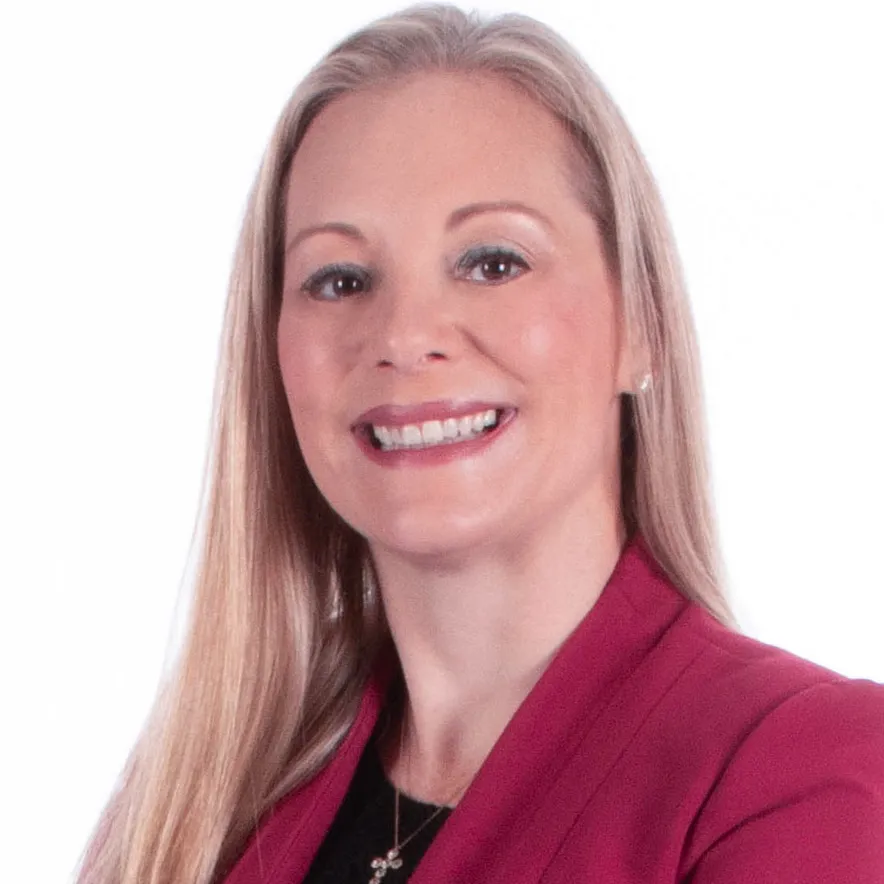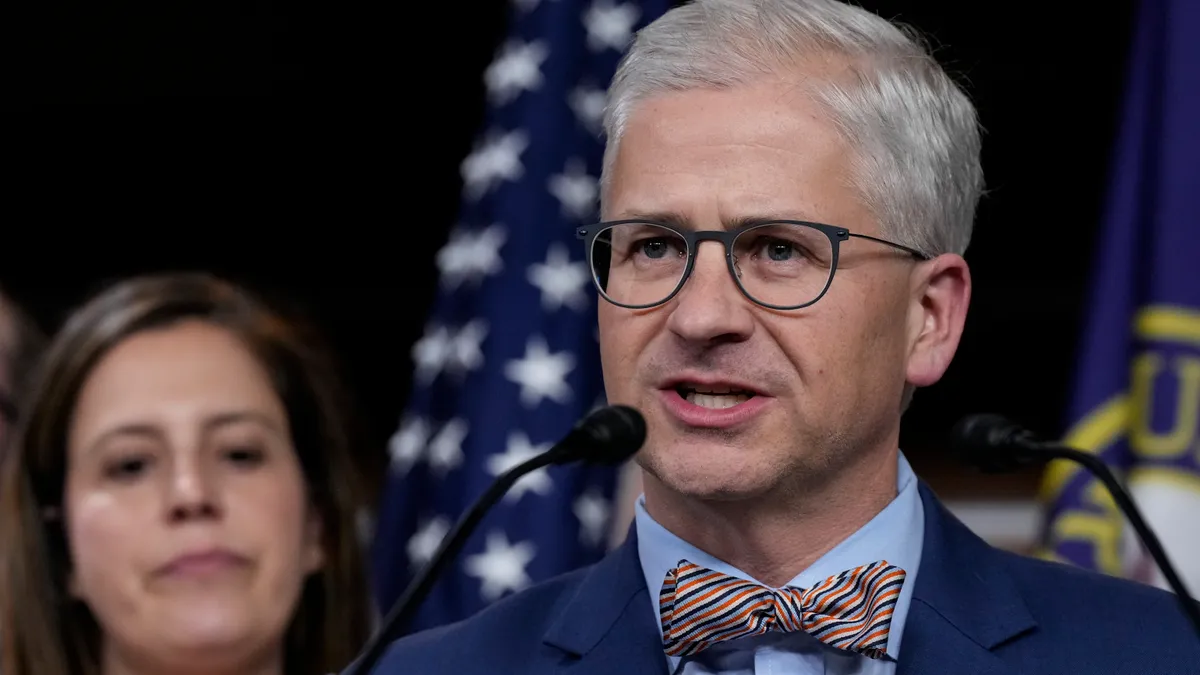The following is a guest post from Hope Dmuchowski, CFO and senior executive vice president at First Horizon. Opinions are the author’s own.
Reflecting on my career journey in the financial services industry, I've encountered numerous challenges and learned invaluable lessons along the way. These lessons have not only shaped my path to becoming a CFO but have also guided my approach to leadership and personal growth. Here are six lessons that have shaped my journey.

1. Seek mentorship to learn and lead
Throughout my career, I've found immense value in assembling a group of mentors I greatly admire and trust. Each mentor brings a unique set of experiences and expertise to the table.
As individuals grow, they will have different experiences and will need to find the right mentors for each circumstance. My network of mentors has helped me navigate complex decisions, overcome obstacles and accelerate my professional development.
I'm committed to leveraging my experiences to uplift and empower the next generation of female finance leaders. Through mentorship, we can cultivate a culture of continuous learning, collaboration and advancement, ensuring that future leaders have the support and guidance they need to thrive in their careers.
2. Your attitude is a choice
Whether as an employee, a leader, a board member, a spouse or a parent, there will be challenging days. However, I've come to realize a negative attitude doesn’t help solve a problem or motivate the people around you.
Instead, I consciously choose optimism, finding solace in the belief that every challenge is an opportunity for growth. Choosing to have a positive attitude in the face of uncertainty or difficult circumstances is a conscious decision for me. It’s not always easy, and it is still something I work at every day. This mindset not only helps me navigate obstacles but also inspires my team to approach challenges with resilience and determination.
3. Be the most prepared person in the room
In my career journey, I've always embraced the value of thorough preparation. Whether it's a crucial meeting, a high-stakes presentation or a complex project, I believe in going above and beyond to ensure readiness. While you can’t always anticipate every twist and turn, thorough preparation makes it easier to navigate unexpected challenges in the moment.
Even when presenting on topics, I seek insights from experts outside my direct peer group and engage in reverse mentoring sessions to ensure I'm equipped to handle any question or challenge. I also work closely with my team, often scheduling one-on-one prep sessions before presentations to help them feel confident and ready. This commitment to preparation enhances our collective confidence and readiness, helping us succeed together.
4. Embrace challenges as pathways to growth
I've learned to embrace that obstacles are not roadblocks but rather development opportunities. A prime example is when, despite meticulous planning, unforeseen circumstances led to the TD Bank deal falling through unexpectedly, presenting us with a formidable test. Instead of succumbing to disappointment, our team viewed it as a chance to innovate and adapt.
Within a short time frame, we redefined our strategy, formulated a new budget and planned an investor day within 30 days to tell our story. This helped us become stronger and more resilient.
5. Don’t underestimate the power of kindness
While oftentimes soft skills may get overlooked, they are foundational to impactful leadership. I've learned the importance of balancing strength with empathy. The leaders who have most influenced me demonstrated authentic kindness and empathy, showing me how to lead with compassion while still achieving results. As Maya Angelou wisely said, “People will forget what you said, people will forget what you did, but people will never forget how you made them feel.”
6. Never stop learning
Continued learning isn't just about acquiring new skills but also about staying agile and adaptable in an ever-evolving landscape, ensuring you remain at the forefront of industry trends and best practices. As we've seen with AI and other technological advancements, adaptability, knowledge and diverse experiences are indispensable assets.
For those aspiring to the CFO position, my advice is to explore different business lines like accounting and treasury to develop valuable core knowledge in your journey. Additionally, I suggest working on teams outside the CFO organization to gain a better understanding of the entire ecosystem of a company, not just finance.

















